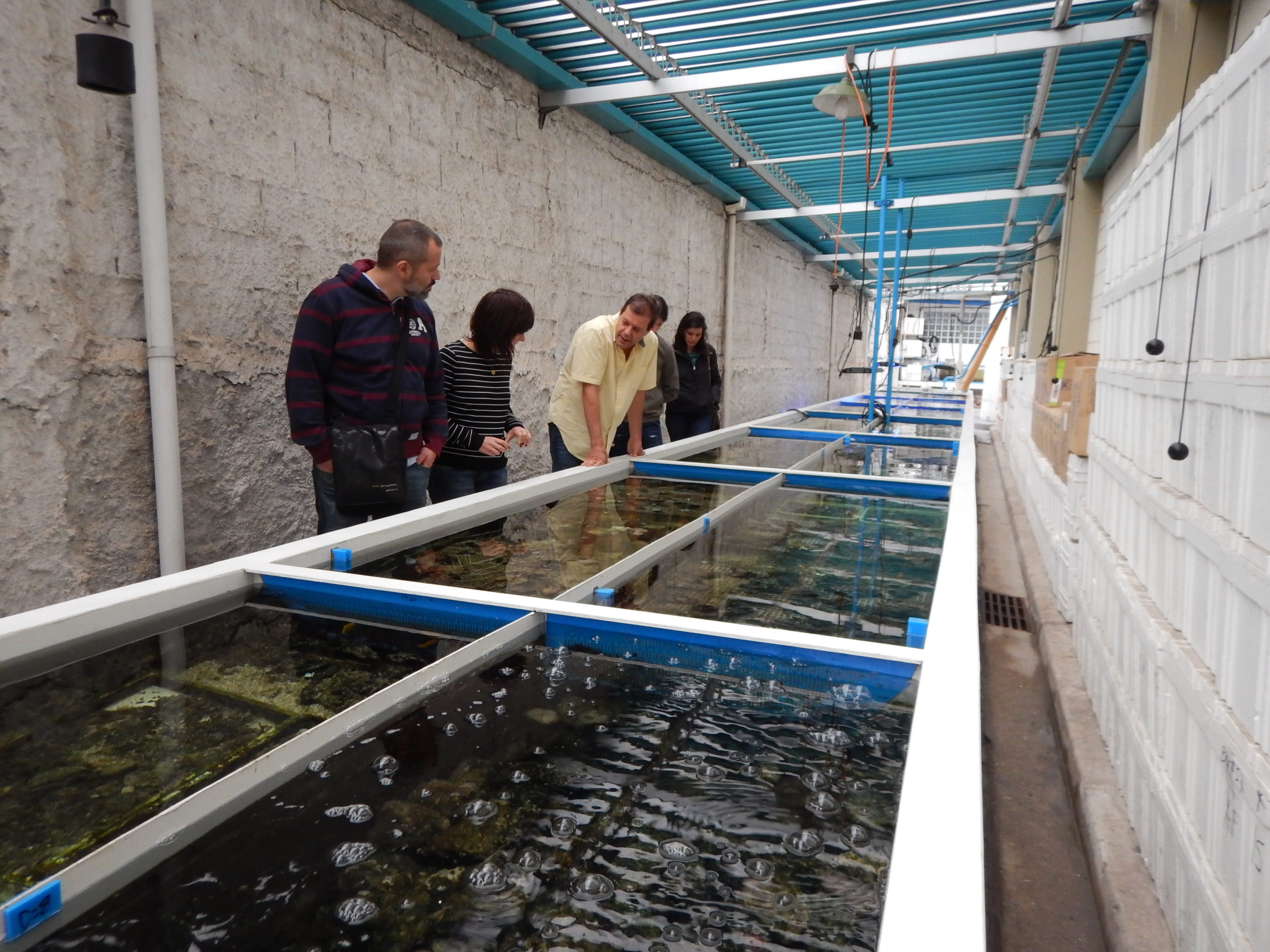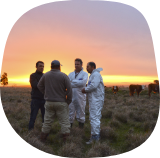OUR ACTION
Expertise adapted
to multisectoral
issues
As a standard-setting organisation, the OIE’s approach is based on facts and scientific evidence. This is crucial to ensure the independence, objectivity and relevance of its Standards and recommendations.
In addition to establishing rules, the OIE draws on a network of international experts who liaise with the animal health services of its Members. These specialists help them to anticipate and respond to problems specific to their circumstances.
Benefiting from appropriate expertise to address multisectoral issues
Surrounded by a high-performance network of experts

The OIE draws on a network of international experts, who liaise with the animal health services of its Members.
In recent years, all the procedures for selecting OIE experts have been revised to ensure greater transparency of the process and fair and equitable representation. It was in accordance with these renewed principles that members of the OIE Ad Hoc Expert Groups and Specialist Commissions, in charge of updating the normative texts and studying the applications for official recognition of disease status, were elected, or appointed in 2018. The 300 or so experts of the OIE Reference Centres are appointed with the same rigour. Drawn from the best research institutes and scientific consortiums, they play a key role. Their contributions are essential to the implementation of animal health programmes through their provision of technical expertise and their support to Members on diagnostic questions or more cross-cutting issues.
Scientific collaboration and disease strategies
Since 2016, the OIE has been one of the organisations hosting the Scientific Secretariat of the International Research Consortium on Animal Health (IRC) of the Global Strategic Alliances for the Coordination of Research on the Major Infectious Diseases of Animals and Zoonoses (STAR−IDAZ). This initiative encourages collaboration within the animal health sector by coordinating international research programmes. In 2019, five meetings of the regional STAR-IDAZ networks focused on mapping research activities and common priorities, as well as enhancing collaboration on animal health research in the regions. Roadmaps for research into the development of diagnostics, vaccines and disease control strategies were also finalised for African swine fever, foot and mouth disease, and helminthiases.
